
Although deep cleaning can treat gum disease, the procedure has its risks. Disadvantages of deep cleaning teeth include:
- Can cause nerve damage
- Doesn’t guarantee the reattachment of your gums to your teeth
- May cause your gums to recede
- Possible infection if you have a compromised immune system
- Pain and sensitivity
Pain and sensitivity are the most common side effects. Risks from deep cleaning are usually minimal and only last about 5 to 7 days, though for extensive cases, this may extend to a few weeks.
What does deep cleaning teeth involve?
Deep teeth cleanings differ from routine teeth cleanings. Regular cleaning removes plaque and tartar from above the gum line. A deep cleaning, on the other hand, removes plaque and tartar from below the gum line.
Gum disease causes a space or gap between your teeth and gums, where tartar and plaque can become trapped. Cleaning below the gum line removes this buildup.
Deep cleaning involves gum scaling and root planing.
Deep cleanings usually take place over two or more visits and involve gum scaling and root planing. Each visit can take 1 to 2 hours.
The tooth scaling appointment is when your dentist removes plaque and tartar from below the gum line. During the root planing visit, your dentist removes plaque and tarter that forms on the roots of your teeth. This helps reduce the size of the space between your teeth and gums, helping your gums reattach to the teeth.
You may need to take antibiotics
If your immune system is compromised, you might have to take an antibiotic for a few days. That’s because there’s a risk of infection after the procedure. In addition, deep dental cleanings can sometimes release bacteria into the bloodstream.
Is deep cleaning painful?
Teeth scaling and root planing can cause some discomfort, so you’ll receive a topical or local anaesthetic to numb your gums.
You can expect some sensitivity after your treatment. Your gums might swell, and you might have minor bleeding, too.
How to reduce sensitivity after the procedure
Eating soft foods (yogurt, applesauce, or mashed potatoes) for a few days after your procedure can help reduce sensitivity. You should also avoid extremely hot or cold foods and drinks.
Taking over-the-counter pain medications like acetaminophen and ibuprofen can reduce inflammation, as well as rinsing with warm salt water.
Brushing and flossing on a regular basis promote healing and reduce further gum inflammation. Use a soft bristle toothbrush at least twice per day, and floss at least once per day.
How much does deep teeth cleaning cost?
The cost of deep cleaning varies depending on the severity of gum disease or inflammation.
You’ll likely have two visits, although some people might need up to four visits to completely remove tartar and plaque. During these cleanings, your mouth is considered in quadrants. You can pay $100 or more per quadrant depending on where you live or how much treatment you need.
If you have dental insurance, most plans cover deep cleanings.
Takeaway
A deep teeth cleaning helps get rid of bad breath and promotes healing of gum disease. Deep cleanings do have risks, so it’s important to understand possible complications or side effects.
Although a common, safe procedure, you can expect some sensitivity and swelling afterward. If swelling, bleeding, or pain continues for more than a week after your procedure, see your dentist.




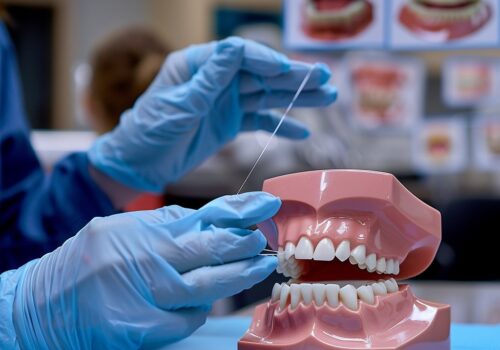
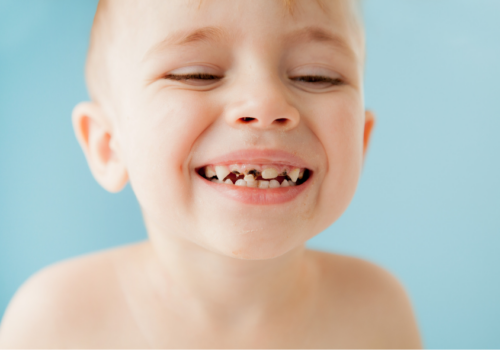

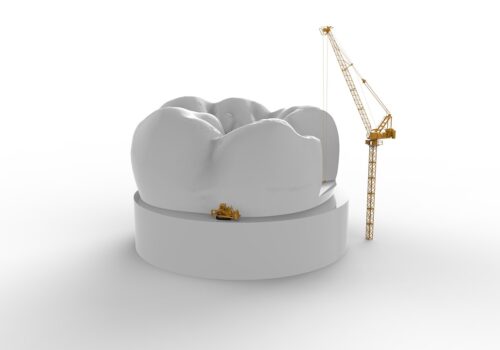
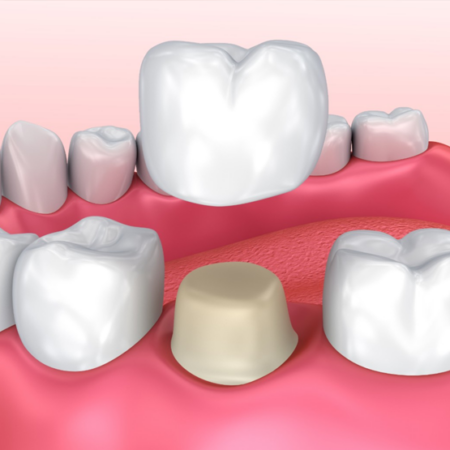
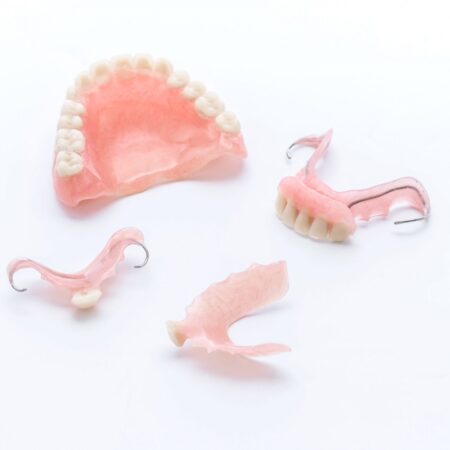
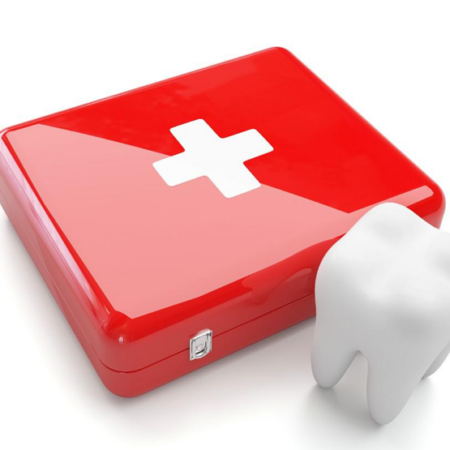
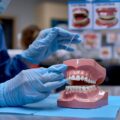


Leave a Reply